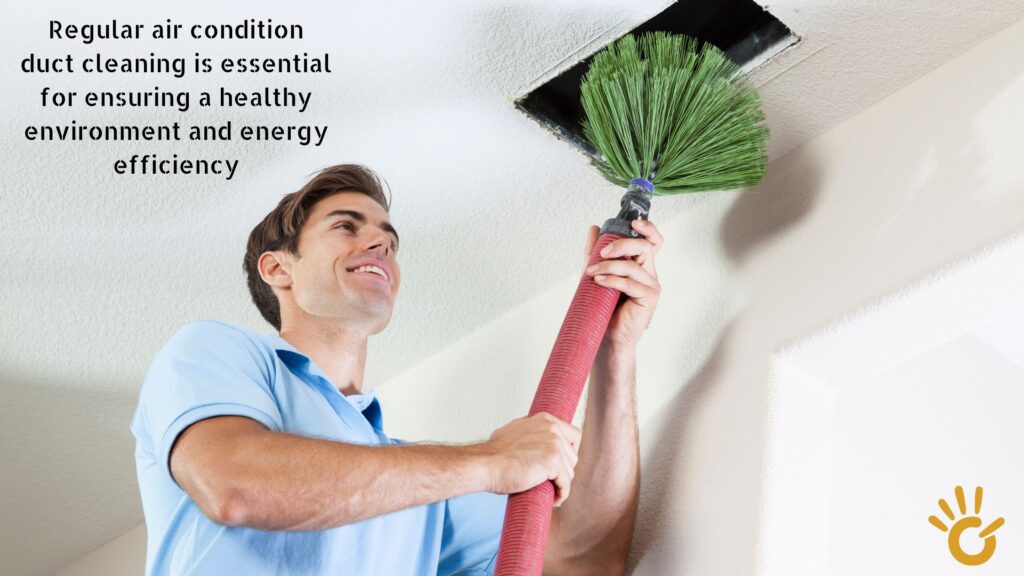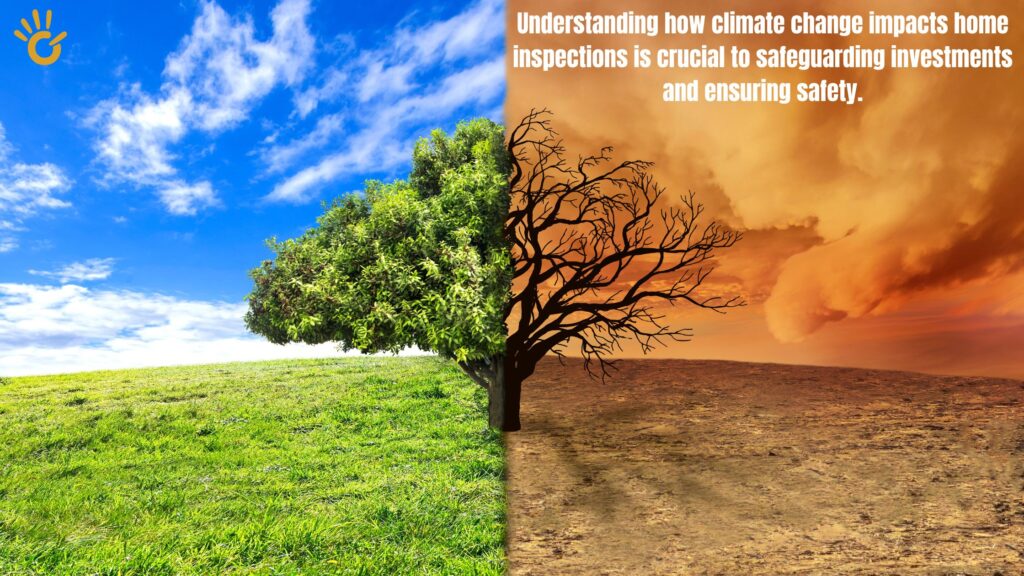Essential HVAC Inspections: Preparing Your Home for Winter
Introduction
HVAC System Inspections: Why They Before Winter- As the winter season approaches, ensuring your home is warm and comfortable becomes a top priority. A well-maintained HVAC (Heating, Ventilation, and Air Conditioning) system is essential for achieving this. Regular inspections not only prevent costly repairs but also improve energy efficiency, prolong the life of the system, and ensure safety. This article explores why HVAC system inspections are crucial before winter, what they involve, and how they can save you time and money.
1. Why HVAC Inspections Are Essential Before Winter
Avoiding Breakdowns During Peak Usage
Winter months often see increased HVAC use, which can strain the system. Inspections help identify potential issues before they escalate into major problems, ensuring uninterrupted comfort during colder days.
Improving Energy Efficiency
A poorly maintained HVAC system consumes more energy to heat your home, leading to higher utility bills. Regular inspections ensure that the system operates at peak efficiency, reducing energy costs.
Prolonging System Lifespan
Routine maintenance and inspections prevent wear and tear on the HVAC system, extending its operational life. Replacing an HVAC system can be expensive, making preventive care a worthwhile investment.
Ensuring Safety
HVAC systems that run on gas or oil pose potential risks, such as carbon monoxide leaks. Inspections include safety checks to protect your family from harmful gases and ensure proper ventilation.
2. What an HVAC Inspection Involves
1. Checking the Heating Unit
- Inspecting the furnace or heat pump for signs of wear and tear.
- Cleaning burners, heat exchangers, and ignition systems.
- Verifying proper airflow and thermostat calibration.
2. Inspecting the Air Ducts
- Checking for blockages or leaks that reduce efficiency.
- Cleaning ducts to remove dust and debris that can affect air quality.
3. Evaluating Electrical Connections
- Tightening loose connections to prevent electrical malfunctions.
- Testing system controls for reliable performance.
4. Assessing the Air Filter
- Replacing clogged or dirty filters to maintain air quality and efficiency.
- Advising on filter types suitable for your home and lifestyle.
5. Examining the Ventilation System
- Ensuring proper airflow and exhaust to prevent overheating or inefficiency.
- Checking for obstructions that could lead to ventilation issues.
3. Benefits of Professional HVAC Inspections– HVAC System Inspections: Why They Before Winter
Early Problem Detection
Professional inspections help identify issues that homeowners might miss, such as worn-out components or low refrigerant levels, avoiding costly emergency repairs.
Enhanced Air Quality
By removing dust, allergens, and other pollutants during the inspection, the system contributes to healthier indoor air quality during winter.
Energy Savings
Professionally tuned systems run more efficiently, reducing energy consumption and lowering heating bills.
4. When to Schedule an Inspection
Pre-Winter Tune-Up
The best time to schedule an HVAC inspection is in the early fall before the peak winter season begins. This ensures ample time for repairs or adjustments if needed.
Regular Maintenance Schedule
HVAC System Inspections: Why They Before Winter- Experts recommend bi-annual inspections – one before winter for heating and another before summer for cooling.
5. DIY Maintenance Tips Between Professional Inspections
1. Replace Air Filters Regularly
Dirty filters strain the HVAC system, so replace them every 1-3 months during heavy usage.
2. Clear Vents and Registers
Ensure that vents and registers are unobstructed by furniture or debris to maintain proper airflow.
3. Check the Thermostat
Replace batteries and calibrate your thermostat to ensure accurate temperature readings.
4. Monitor System Performance
Listen for unusual noises or detect irregular heating patterns and report them during professional inspections.
Common Questions About HVAC Inspections
How long does an HVAC inspection take?
Most inspections take 1-2 hours, depending on the system’s complexity and condition.
Can I skip an inspection if my system seems fine?
No. Even systems that appear to work well can have underlying issues that only a professional can identify.
Are HVAC inspections expensive?
Inspection costs vary but are generally affordable compared to potential repair or replacement expenses.
Conclusion:
Be Winter-Ready with a Reliable HVAC System
HVAC system inspections are a vital part of home maintenance, especially before winter. They ensure your system operates efficiently, keeps your home warm, and prevents unexpected breakdowns. By scheduling a professional inspection and performing routine upkeep, you can enjoy a comfortable, safe, and cost-effective winter season.
Prepare your HVAC system today and rest easy knowing your home is winter-ready!




Pingback: How to Safeguard Your HVAC System During Rainy Seasons 1